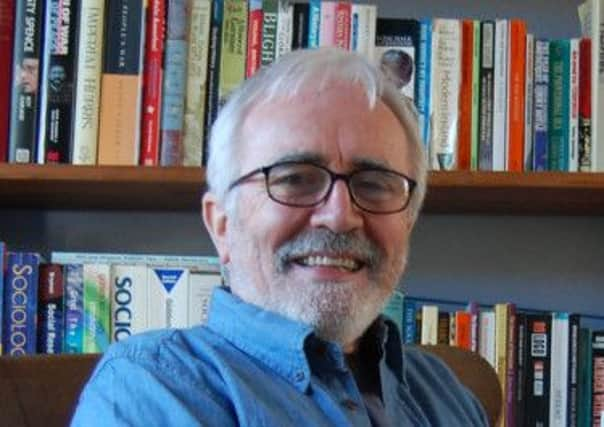Pontiff’s every word is analysed


The child was heartbroken and wrote to Pope Francis, asking if her beloved pet might now be in heaven.
As it was reported in some of the media, you would need to be a theologian of some intellectual girth to grasp the meaning of the Pope’s reply. How’s this: ‘The holy scripture teaches us that the fulfilment of this wonderful design also affects everything around us.’
Advertisement
Hide AdAdvertisement
Hide AdHe went on to quote from a number of New Testament sources, including the Revelation, to support his view that what lies ahead is therefore a new creation, adding: ‘It is not an annihilation of the universe and all that surrounds us. Rather it brings everything to its fullness of being, truth and beauty.’
However, he is at odds with his predecessor, the cat-loving Pope Benedict XVI, who seemed to close the Pearly Gates firmly to pets and other animals in a sermon he gave in 2008 when he said: ‘For other creatures, who are not called to eternity, death just means the end of existence on Earth.’
Try explaining that to a weeping child!
Now the world’s Catholic media are going viral, with one commentator saying: ‘Pope Francis is known to be writing an encyclical that will deal with environmental issues. But it is unclear whether it will decide for once and all whether those who get to meet St Peter can expect to find a dog lifting its leg on the Pearly Gates.’
The point is that if you or I had tried to comfort the pet-bereaved child by saying, ‘Of course puppy will be in heaven’, no one but the child would pay the slightest attention, but when the Pontiff makes his comment it seems that a major aspect of Catholic theology is re-written, although we might never know exactly what the context may have been.
Advertisement
Hide AdAdvertisement
Hide AdAll that being said, we can be in no doubt what Pope Francis intended when he offered his Christmas ‘greetings’ to the Roman Curia, the senior churchmen who run the Holy See. Having observed at close quarters how the Vatican works, he gave his Roman bureaucrats a serious dressing down.
What he has seen since he took office in March, 2013 seems to have fired up Francis to develop a unique style of real leadership. He savaged the Curia, accusing them of what he referred to as ‘ailments’, seen by the media as ‘15 deadly sins’. He singled out too much micro-management, too little internal coordination, examples of boastfulness, claiming to be indispensable, a tendency to gossip and defamation and, even worse, clerics leading double lives.
Born Jorge Mario Bergoglio in Buenos Aires in 1936, he would have been well acquainted with the effects of poverty on the community in which he grew up and his early days there, first as a chemical technician and later as a night club bouncer, before entering the church. He is a man who has never forgotten where he came from. Who knows, his experience of banging heads together might just be what is needed to knock some sense into his Church? We should wish him well.